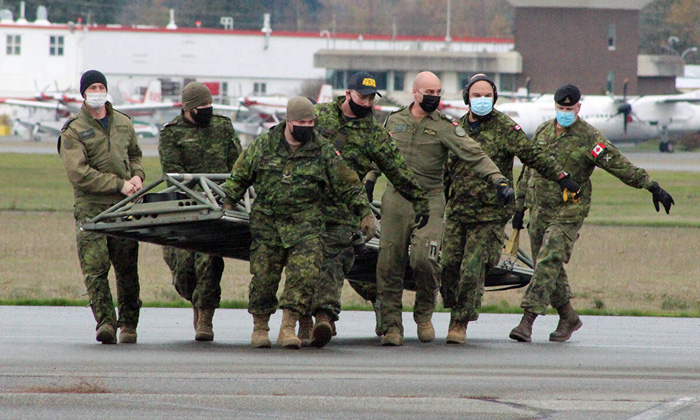Our ability to respond to our pandemic has been limited by available resources. When we were first faced with the pandemic, now almost two years ago, our resources were very limited. The only strategy available to governments was isolation. There were no vaccines and only limited treatment options.
A big concern was whether we would have the medical resources to respond to the need. A new medical concept emerged – surge, and surge capacity within our health care system. Even now, as our government is formulating an appropriate response to the threats omicron brings with it, the question of surge capacity is highlighted.
As government is formulating its response, it [the government] and we recognize that no one, whether vaccinated or not, appreciates a lockdown. Everyone would prefer leaving COVID related decisions with the individual – decisions regarding vaccination, masking, isolation or lockdowns.
We are told that the reason we need these lockdowns is to protect our health care system, that is without the lockdowns our health care system will be overwhelmed – there will not be enough ICU beds and there will not be enough medical personal. I find the argument persuasive, although I recognize some readers may not.
Implicit, however, in the argument is that we do not have enough surge capacity within our health care system. Surge capacity costs money, so as we think of surge capacity, we need to think of how we appropriately balance surge capacity and cost. Let’s face it, if we build surge capacity into our health care system, there will be times when health care staff will be underemployed and health care space will be underutilized. Can we tolerate that? Governments always seek to be popular by reducing coasts and thereby reduce taxes. Would a government be able to resist cutting surge capacity within the health care system, especially when a pandemic becomes a distant memory.
Perhaps we can learn from the military. This branch of government does not seem to be bothered by the concept of surge capacity. Fundamentally, whenever we are not at war, the whole military consists of surge capacity. When we are not at war we don’t need the military. We keep troops mobilized, and we keep our armaments up-to-date just in case we might need them. And we see very little discussion in parliament or outside of parliament whether this “just in case” expenditure is justified.
In the last two years Canada’s military has been mobilized to respond to the pandemic in several communities and to the flooding in BC. I, for one, applaud this. Surely it makes more sense to have military personnel spending its time responding to a real emergency than to spend time preparing for some hypothetical conflict that may never happen.
Emergencies are bound to happen. Climate scientists tell us we will get more extreme weather events. Darwinism tells us we will have periodic pandemics. These are more certain than a military conflict. It makes sense, then, that we develop and maintain the capacity to respond to such emergencies.




